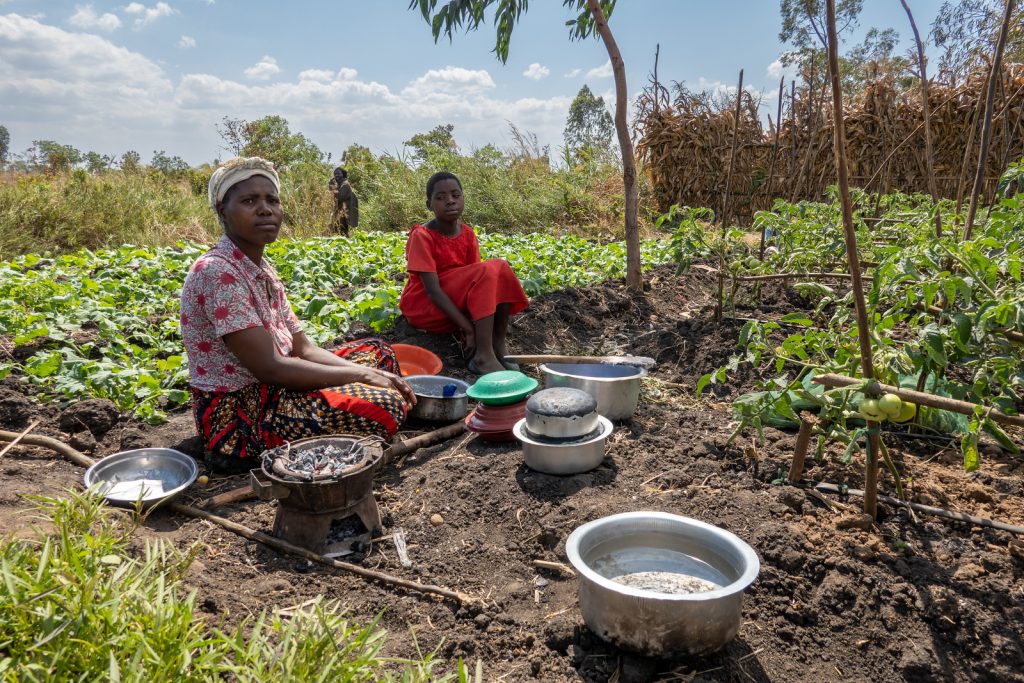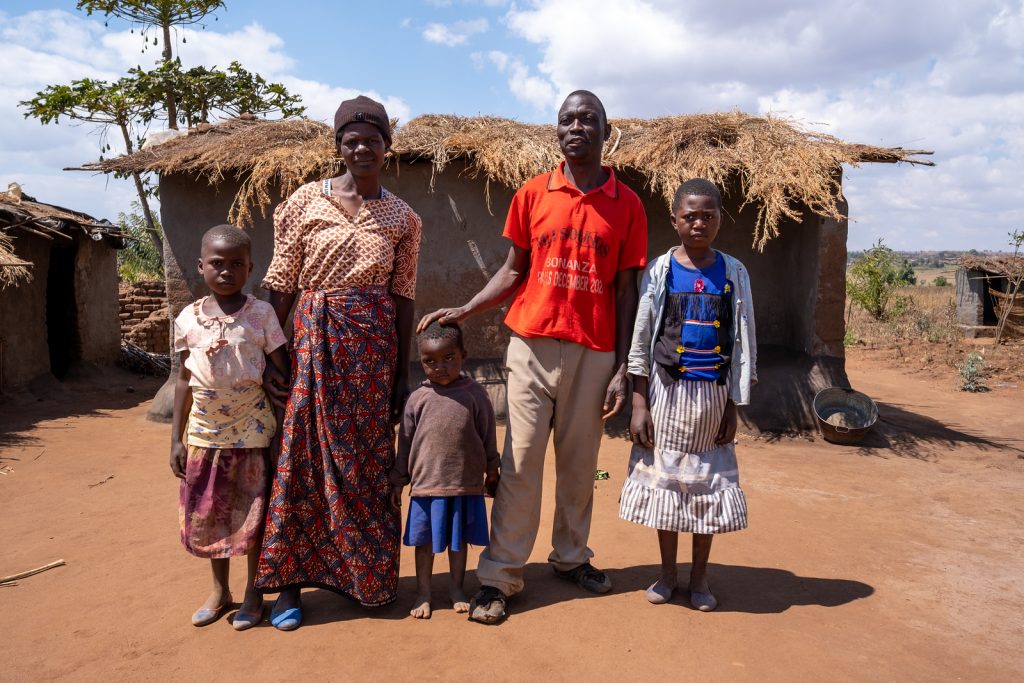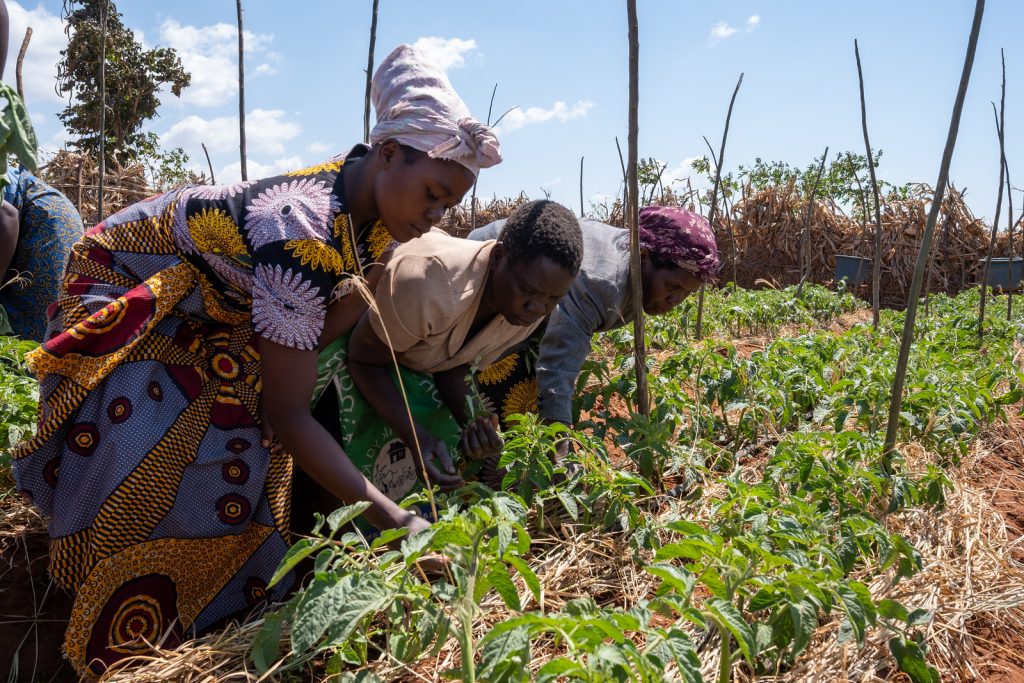About Malawi Digital Plant Health Service (MaDiPHS)

MaDiPHS will establish a digital agricultural plant health service at a national level in Malawi, based on coordination of internationally developed digital systems.
Crop losses caused by plant pests, diseases and weeds have been estimated at 42% worldwide. Synthetic pesticides are the predominant control methods, but these are associated with negative environmental and health concerns. The extensive use of the chemicals to control pests has sparked renewed interest for Integrated Pest Management (IPM). Many digital systems are developed to identify, monitor, manage, control, and predict outbreaks of a large number of pest and disease species, thus providing useful information to aid decision making and timing of integrated pest management strategies. MaDiPHS will build and expand on the successes achieved and data assets of PSU/PlantVillage, NIBIO/VIPS, IITA/FIA and CABI/Prise/PlantWise systems, contributing to a common international platform which will feed into national digital clients – with Malawi as a pilot country.
The main goal of MaDiPHS is to provide a tool for targeted and efficient pest and disease management of selected crops in Malawi. To reach this goal the project will establish a digital agricultural plant health service at the national level in Malawi, based on coordination of internationally developed digital systems.

The locally adapted service for Malawi would need to be owned and managed by the Malawian government and their capacity developed to improve data collection, data management and ultimately coordination of extension messages. The service will combine national, regional, and global input data with international web platforms to feed into and create a national client adapted to meet the local user needs. MaDiPHS will follow a co-production approach to provide information relevant for decision support in agriculture targeted at farmers, extension agents, research scientists and agricultural decision makers at a district or national level in Malawi. FAW and maize will represent the first target organism and crop. However, alongside establishing the technology and its application, the service will be extended to include information and tools related to other destructive organisms on crops of high relevance for Malawian agriculture.

